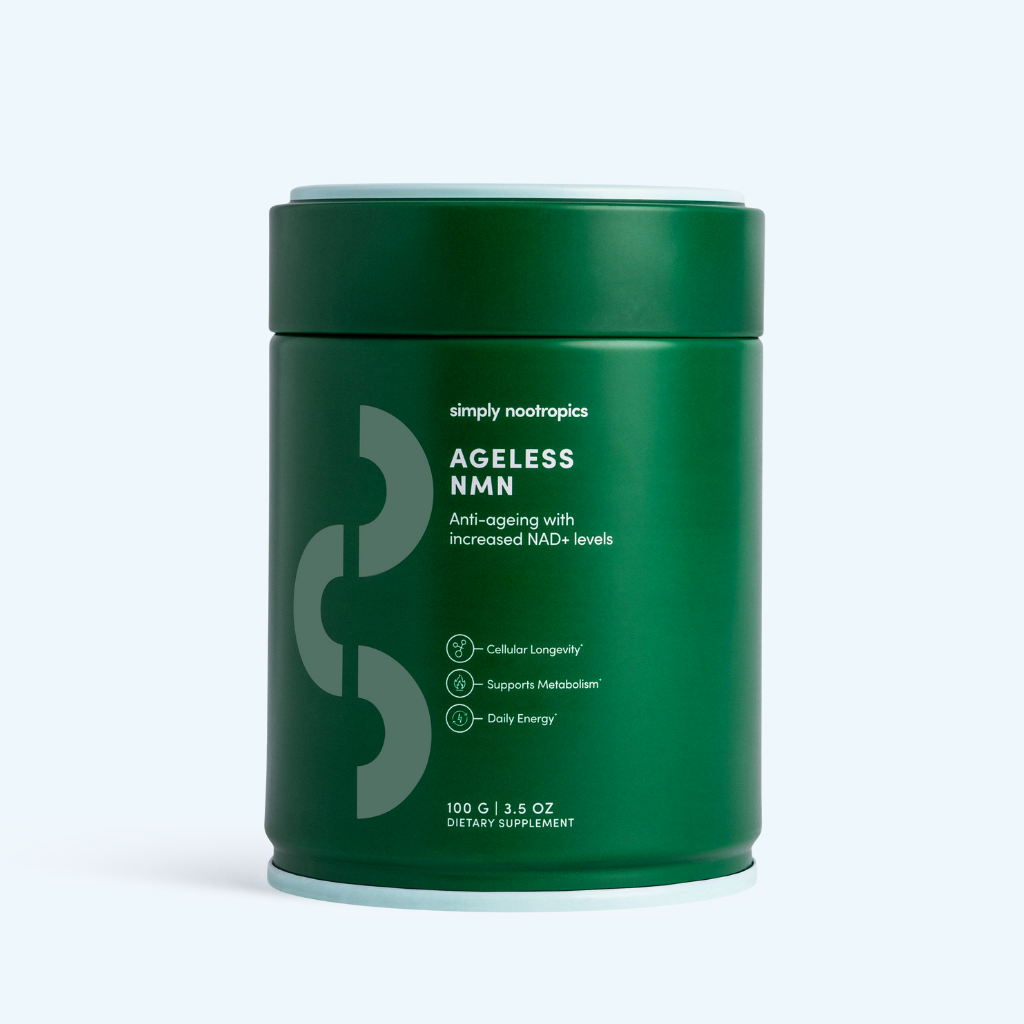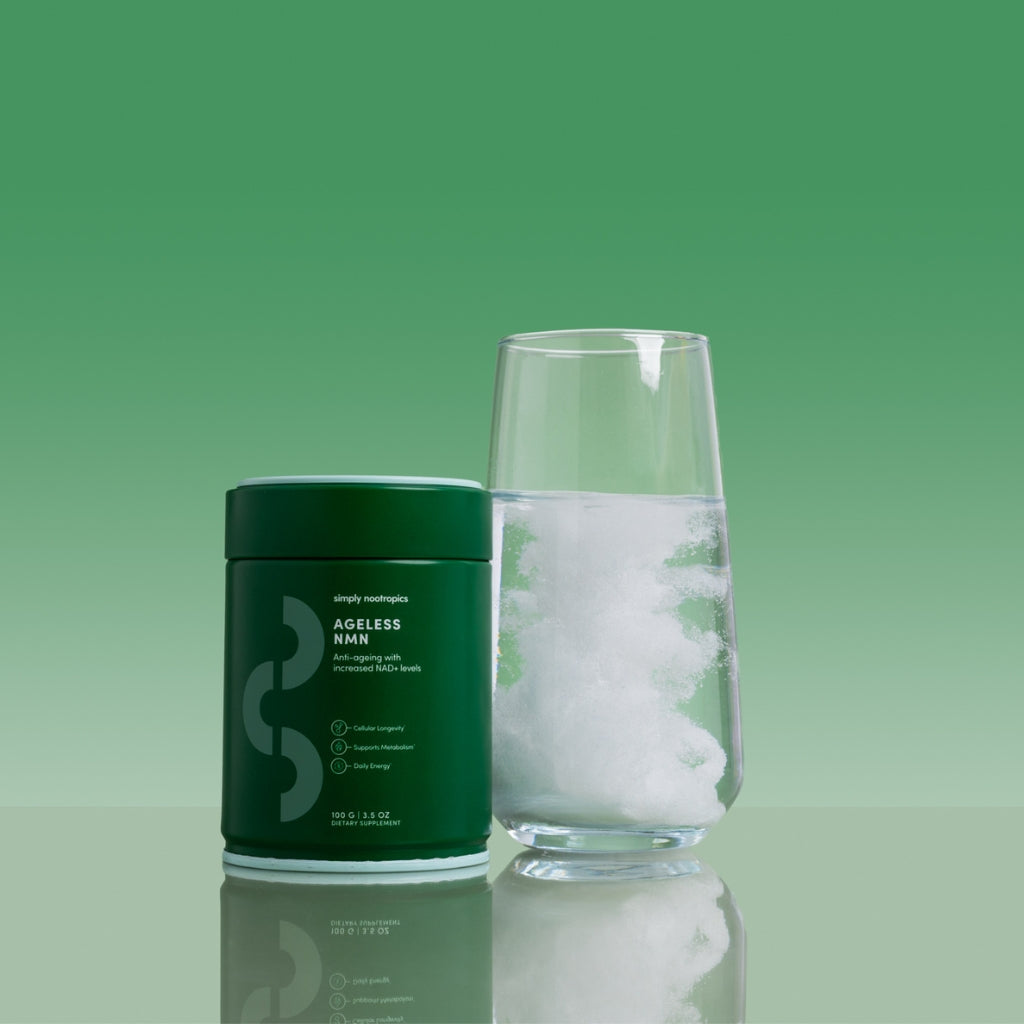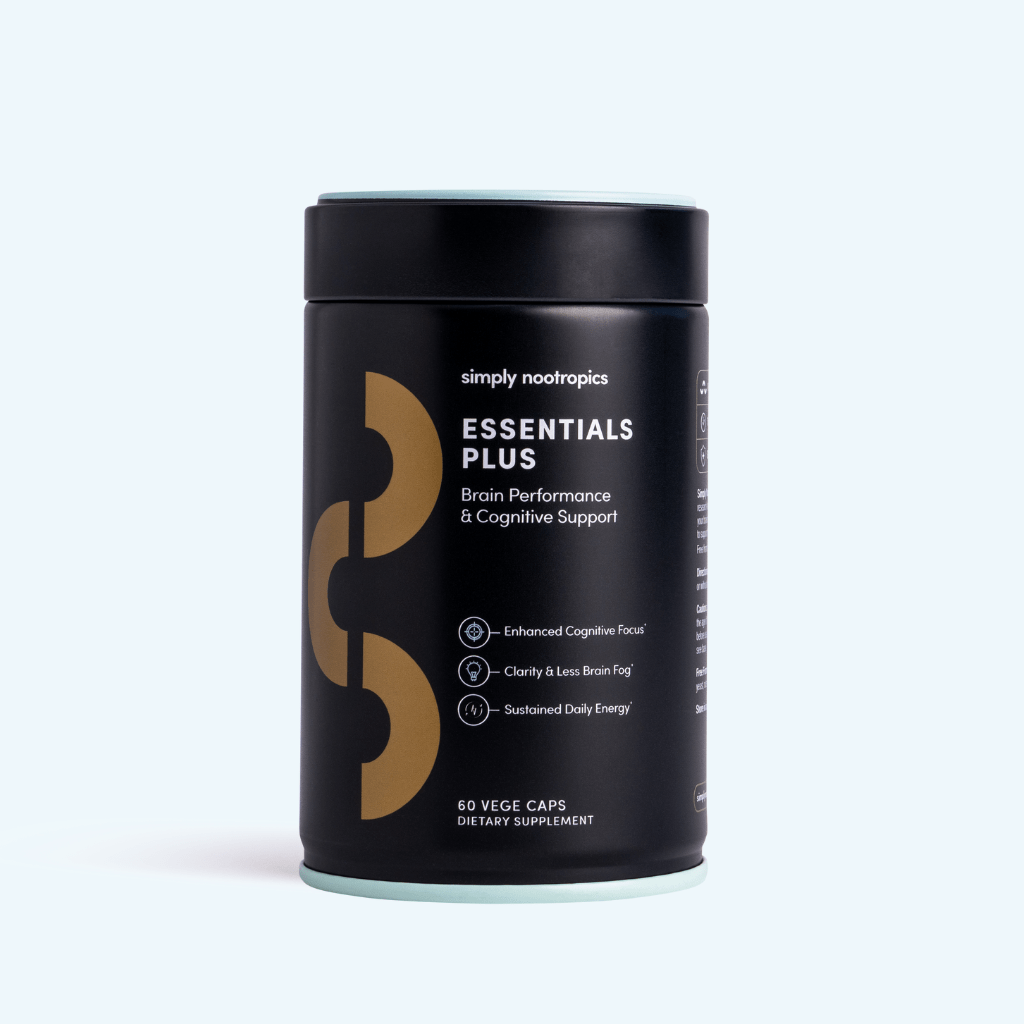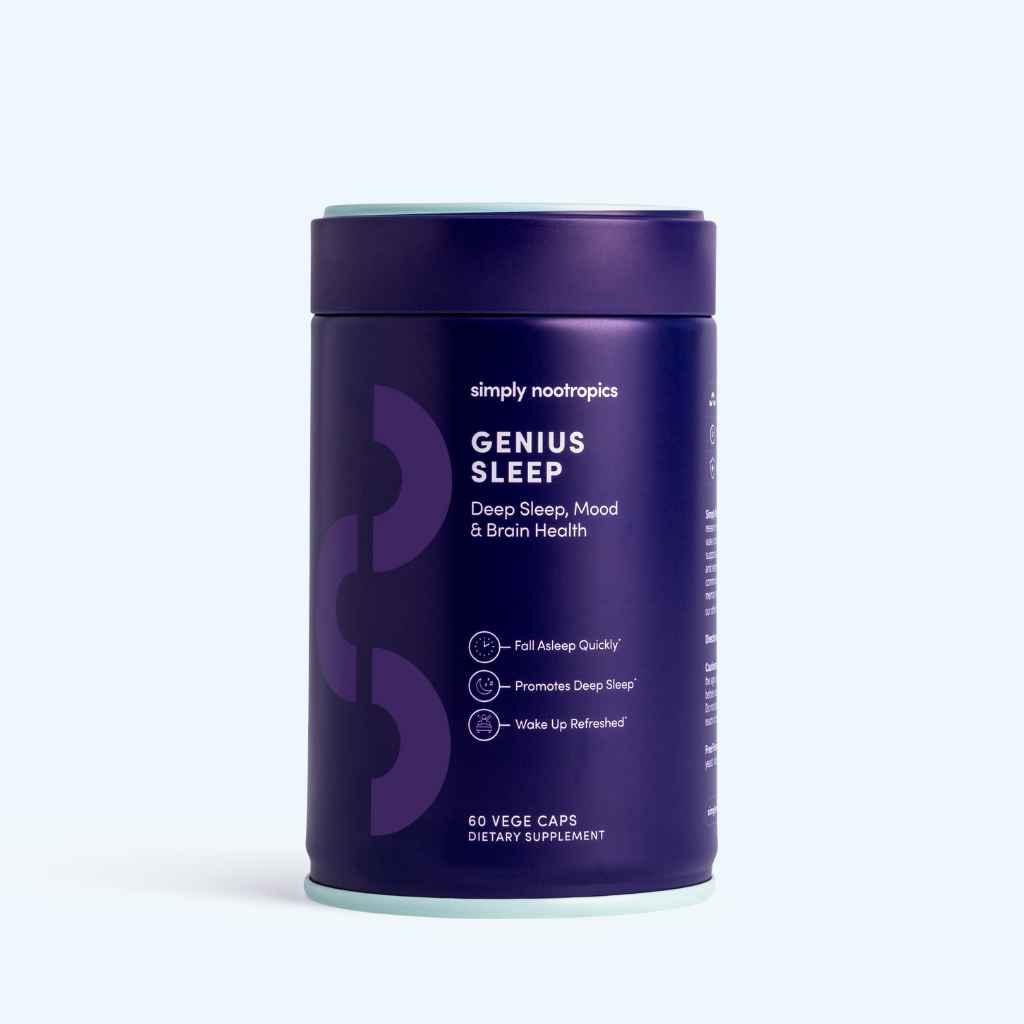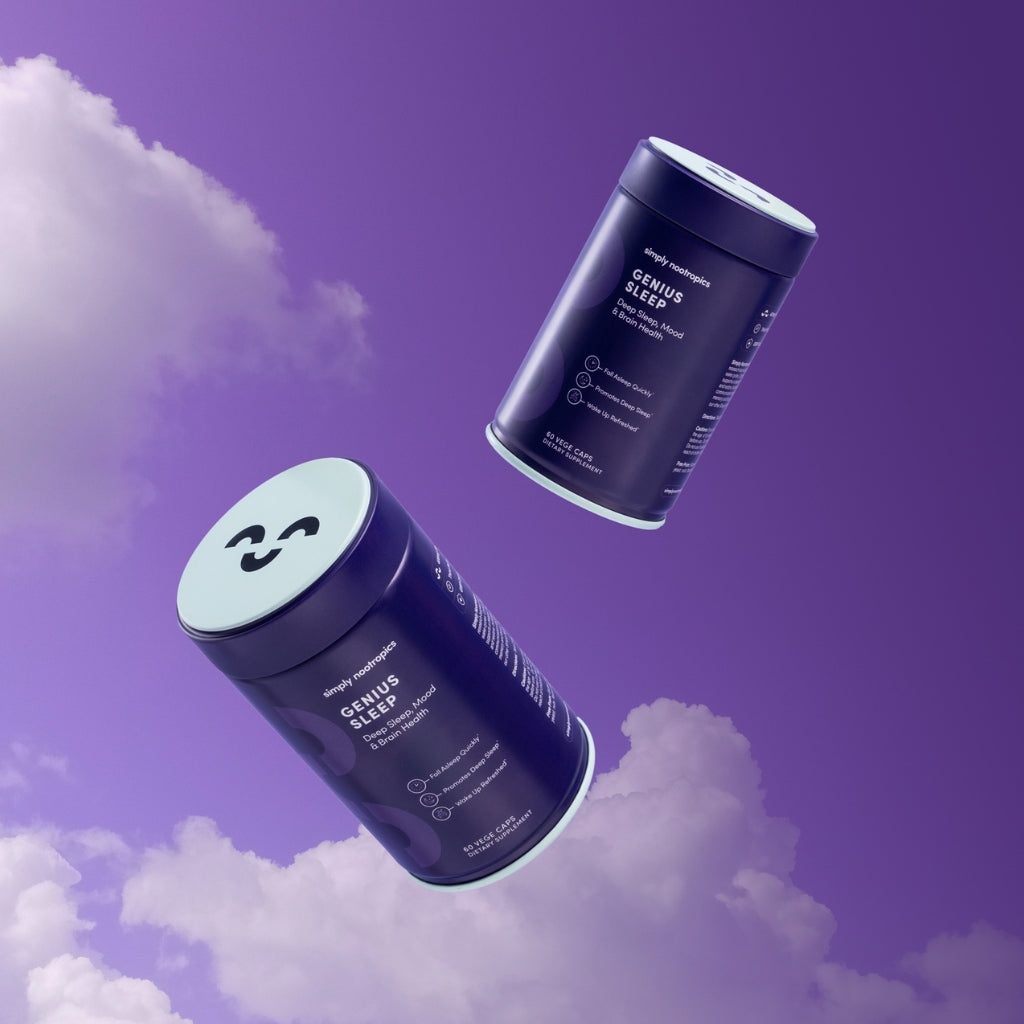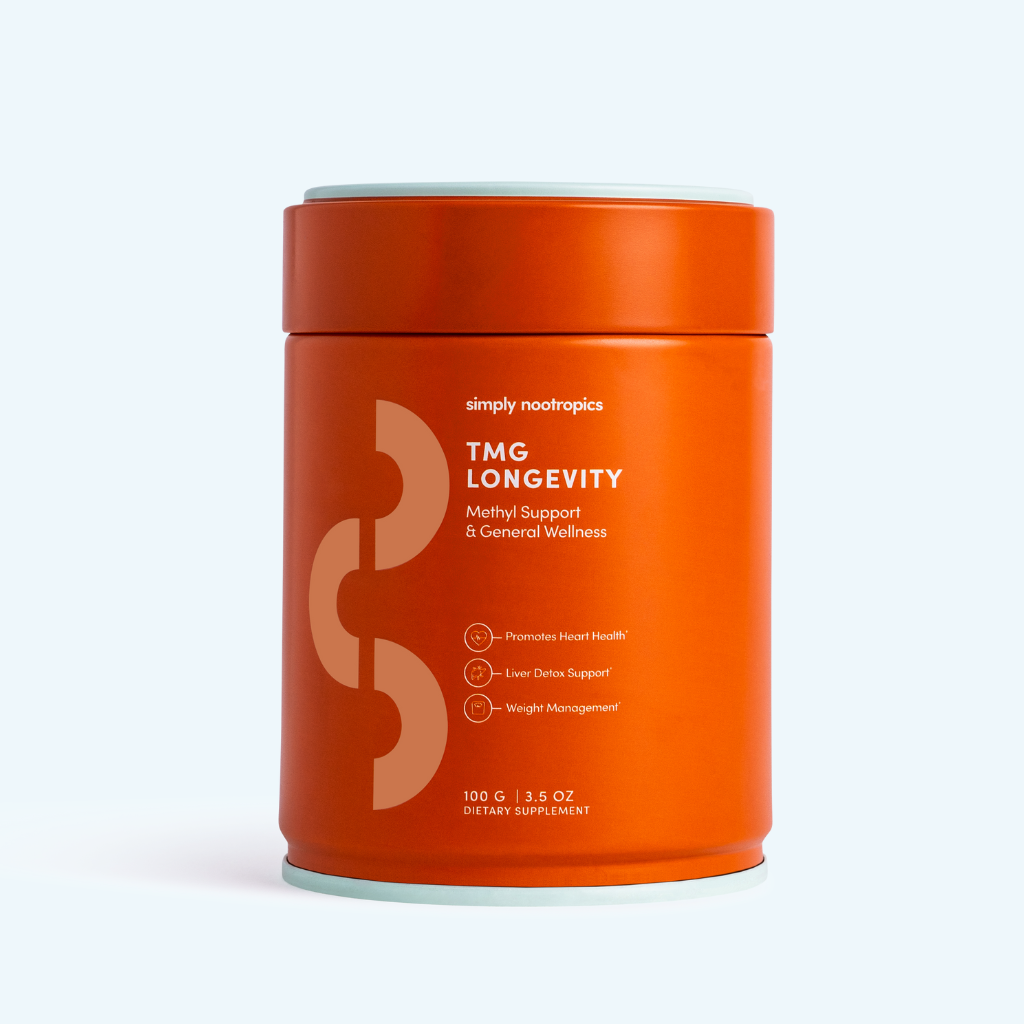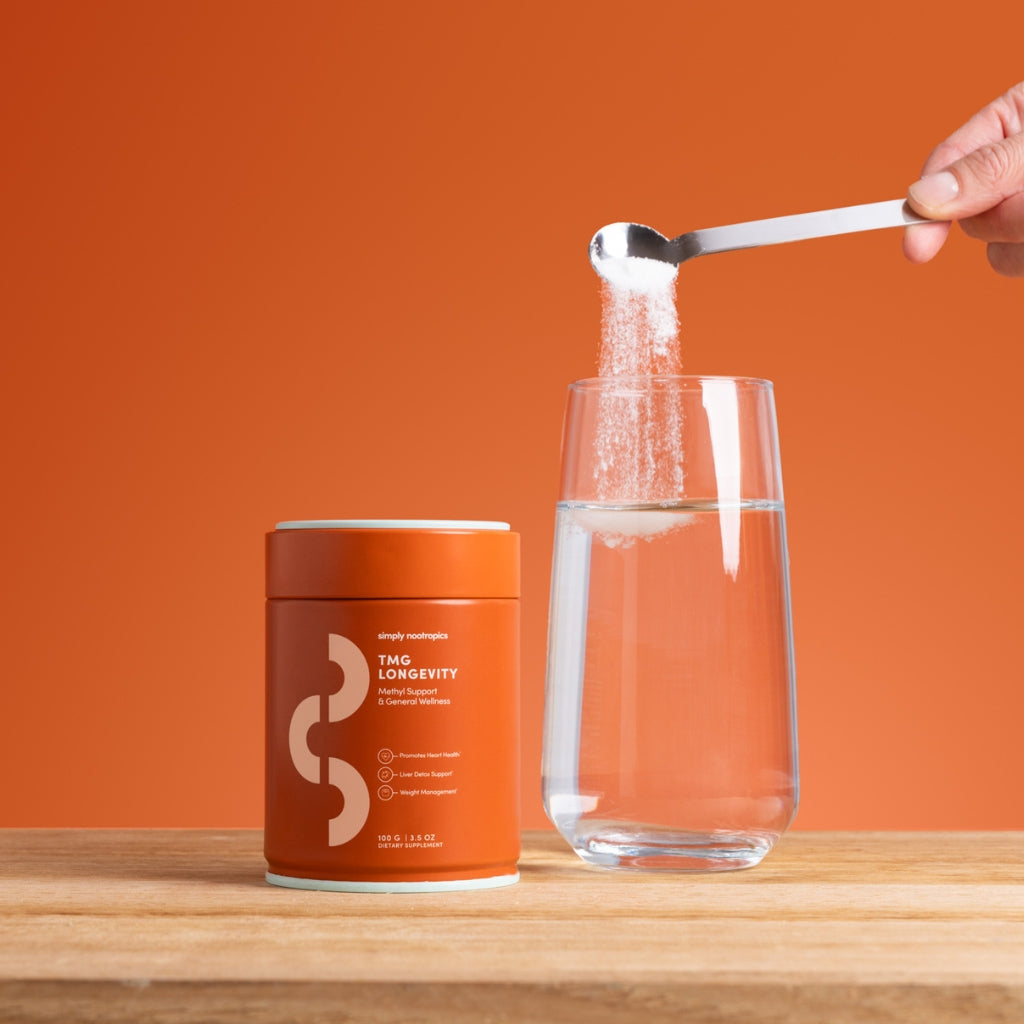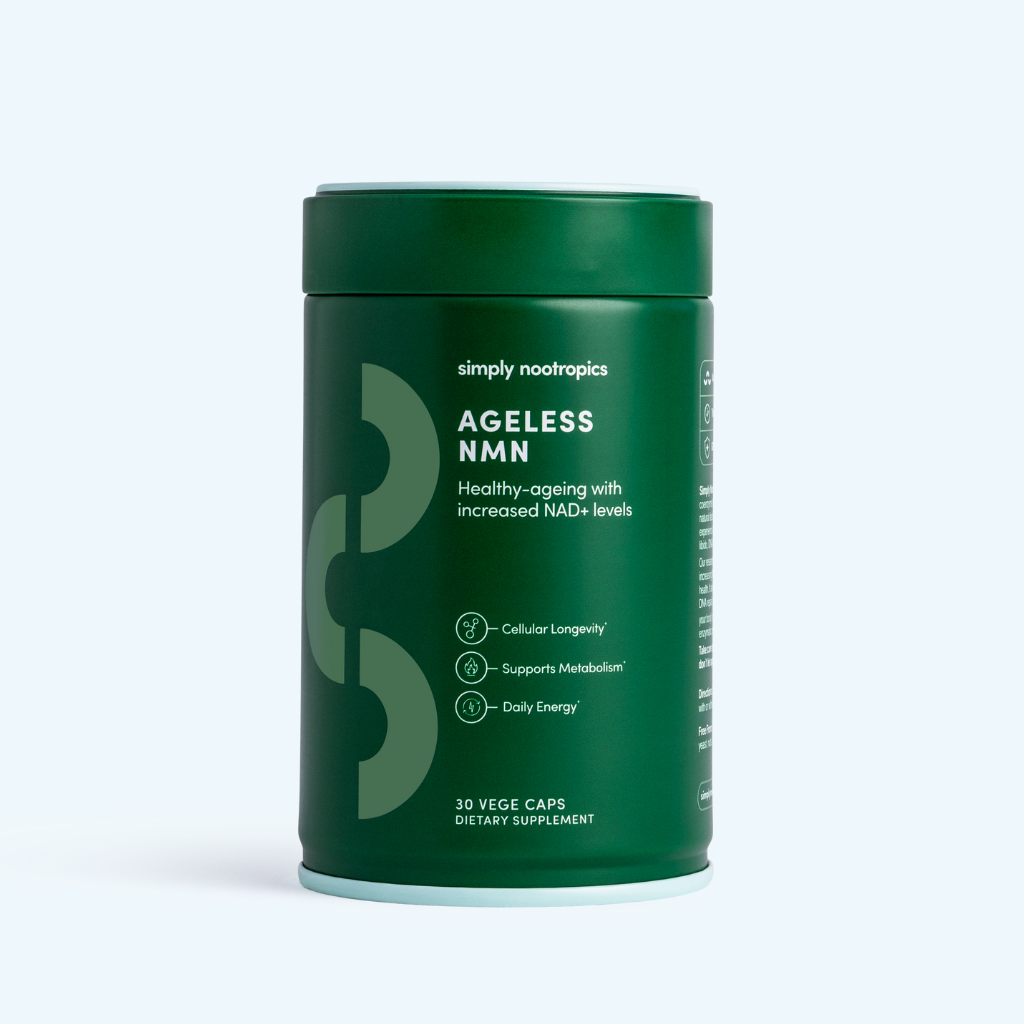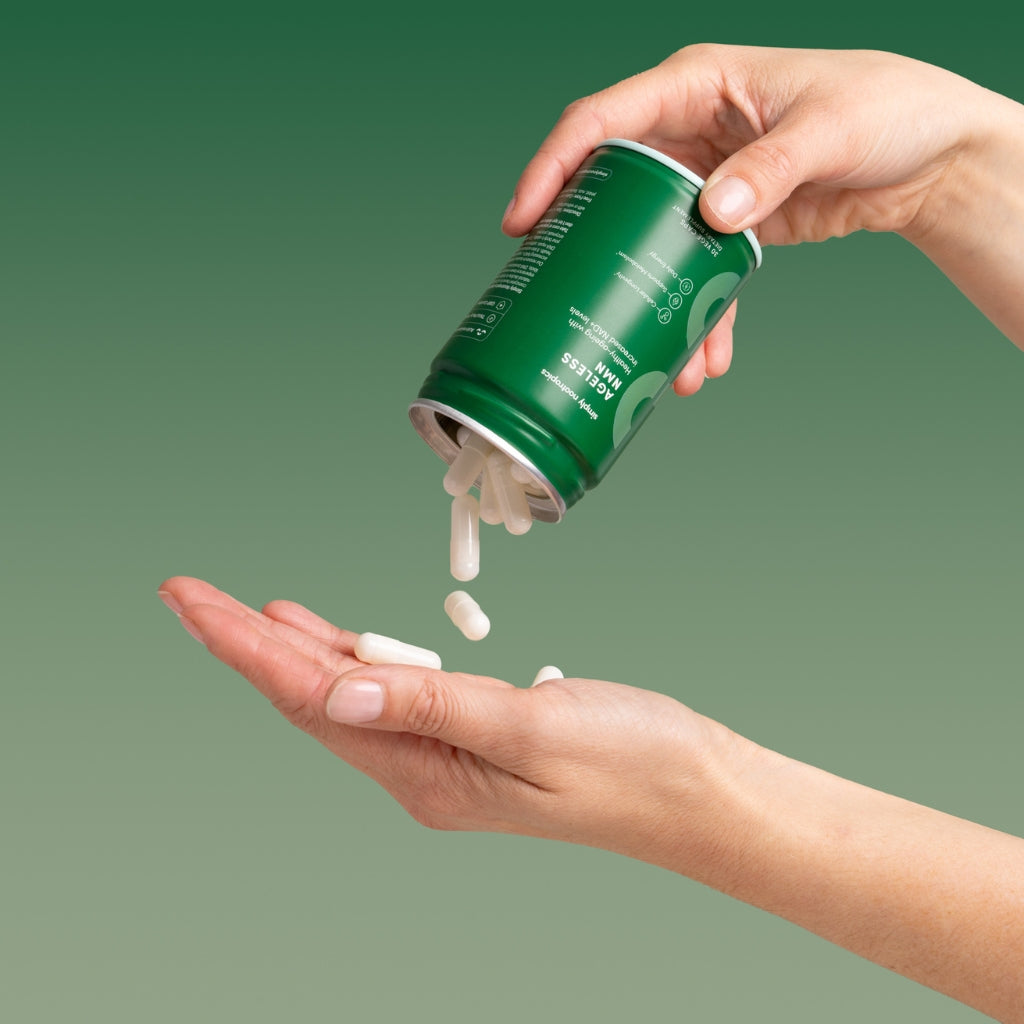Which food has the most NMN?
NMN is present in various natural foods, particularly those derived from plants. Edamame, or young soybeans, is one of the richest sources of NMN. These nutrient-dense beans contain NMN along with proteins, vitamins, and fiber that support overall health. Broccoli and other cruciferous vegetables, such as cabbage, Brussels sprouts, and cauliflower, also contain NMN while offering additional antioxidants and phytonutrients.
Other sources of NMN include avocado, which provides healthy fats alongside this molecule, and tomatoes, which are not only a source of NMN but also contain lycopene, an antioxidant that protects against oxidative stress. Shiitake mushrooms are another valuable food source, known for their high levels of NMN and other immune-supporting compounds. Consuming these foods regularly can contribute to natural NAD+ replenishment and improved cellular function.
For those looking to further boost their NMN levels, consider Simply Nootropics NMN Supplements.
How Much NMN Do These Foods Provide?
The NMN content in foods varies depending on the type of food and its preparation. For instance, edamame contains approximately 1.9 mg of NMN per 100 grams, making it one of the most potent sources available. Broccoli offers around 0.25 mg of NMN per 100 grams, while avocado contains about 0.36 mg per 100 grams. Tomatoes provide roughly 0.26 mg per 100 grams, and shiitake mushrooms contribute approximately 1.0 mg per 100 grams.
These values demonstrate that while NMN is present in food, the concentrations are relatively small compared to what can be achieved through supplementation. Consuming these foods as part of a balanced diet is beneficial, but it may not suffice to achieve the therapeutic levels often associated with NMN supplements.
Learn more about maximising your NMN intake with Simply Nootropics NMN Powder.
Can You Get Enough NMN From Food Alone?
While it is possible to obtain NMN from natural food sources, the amounts required to significantly impact NAD+ levels would be difficult to achieve through diet alone. For example, even a large serving of edamame, one of the richest sources, provides only a fraction of the NMN that supplements deliver in a single dose. Additionally, food preparation methods can affect NMN levels, with some nutrients being lost during cooking or processing.
For individuals seeking the full benefits of NMN, including enhanced energy, improved metabolism, and cellular repair, supplementation offers a more practical and reliable solution. A combination of NMN-rich foods and high-quality NMN supplements provides the best approach to supporting cellular health and longevity.
Consider Simply Nootropics NMN Supplements for consistent and effective NAD+ support.
How Does Supplemental NMN Compare to Dietary NMN?
Supplemental NMN offers significant advantages over dietary NMN in terms of concentration, consistency, and bioavailability. While NMN-rich foods provide health benefits, they often contain low concentrations of the molecule. In contrast, Simply Nootropics NMN Supplements are formulated to deliver therapeutic doses of NMN, ensuring consistent NAD+ replenishment and more noticeable health improvements.
Additionally, NMN supplements are designed for optimal absorption, allowing the body to use this molecule efficiently. By combining a diet rich in NMN-containing foods with a reliable supplement, individuals can maximise the benefits for energy production, DNA repair, and cellular health.
Choose Simply Nootropics NMN Powder to achieve effective NAD+ support and enhanced vitality.
